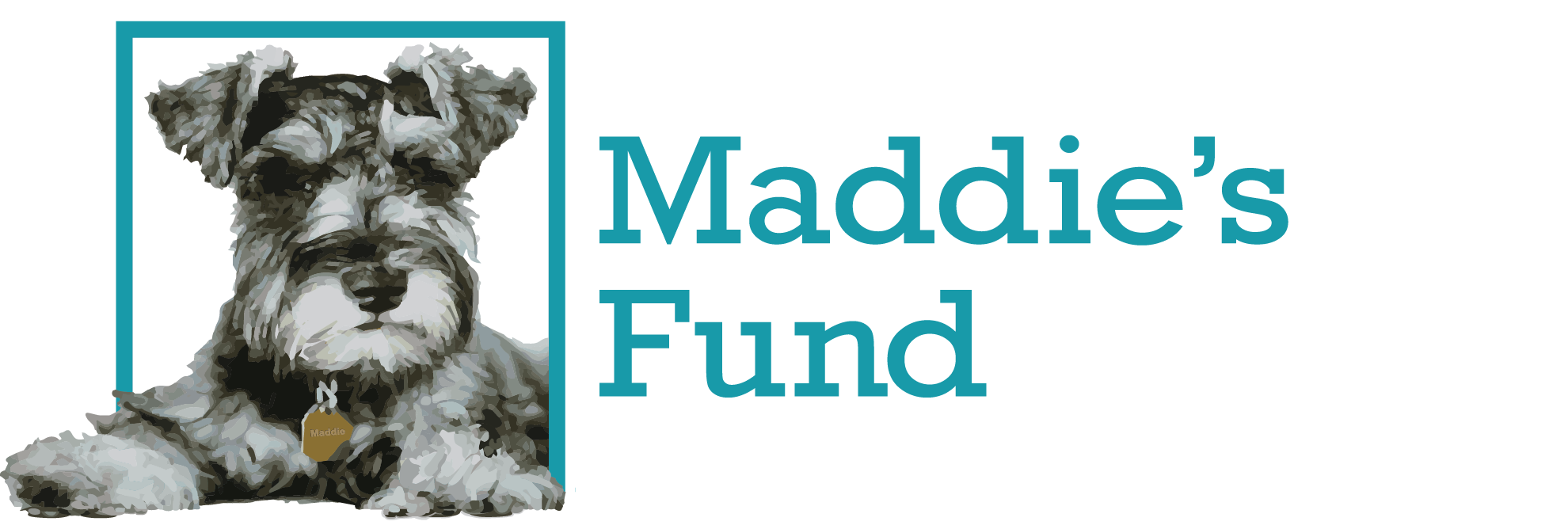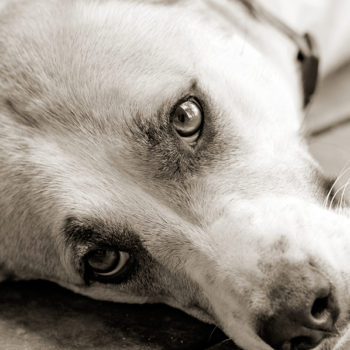Fostering a pet from a recent hurricane? As a thank you, the International Association of Animal Behavior Consultants (IAABC) is now offering free behavior support across the country for any hurricane foster pet who may need it.
When Dr. Sheila D’Arpino, Research Director for Maddie’s Fund®, approached IAABC Executive Director Marjie Alonso with the idea, she eagerly jumped at the opportunity. In just a matter of days, over 90 IAABC members have already volunteered to help in their communities in the U.S. and Canada.
“The members of the IAABC have come together to donate their time to our greater community of animal lovers and caretakers,” said Alonso. “We’re honored to help the hard-working foster families who’ve taken in these displaced and struggling animals, and hope we can contribute to successful adoptions and foster programs.”
Dr. D’Arpino stressed the importance of this type of service, explaining that some of the pets who are homeless after Hurricane Harvey and Irma are starting to suffer from behavioral deterioration.
“The organizations caring for them are doing a great job, but some of the pets are living in emergency housing – small spaces where they have infrequent social contact. Some organizations already have pets in foster homes, and others are hoping to move pets to foster, where they’ll be less stressed and happier.”
Alonso added that the stress on both the animals being fostered and foster caregivers during disasters can be hard to manage. “These are incredibly difficult circumstances for animals and truly dedicated humans. By getting some professional help to resolve and improve any issues going on in the homes, everyone leads a happier, calmer life feeling safer and better understood.”
Tawny Hammond is former animal services director for Fairfax County, VA, and Austin, TX, and is now Midwest regional director with Best Friends Animal Society. She’s been on the ground in Houston, and says many medium and large dogs are at risk because of behavior problems related to the situational stress they are experiencing.
“Many behavior concerns or challenges exhibited in a confined animal shelter environment simply go away in a foster home. That’s why foster programs are part of the lifesaving equation,” she said.
So, what can you expect from this service?
A member of the IAABC team will meet with the foster family to determine their needs, the scope of the work and to what extent they might be helpful. “We will always leave foster families with information and recommendations to help better the situation. How much ongoing work each team can do will vary from case to case,” said Alonso.
Dr. D’Arpino reminds us that it can sometimes be difficult to adapt to a foster home, even though that home is a vast improvement over housing in kennels.
“These pets are often dealing with stress from separation from their family and everything they know, and sometimes post-traumatic stress due to the trauma of the floods. Sometimes it’s difficult to know what is best to help a pet adjust – and that’s why the IAABC can help,” she said.
Wondering if you and your foster pet can benefit from this type of service? Alonso shared some signs to look for.
“If the animal you’re fostering is being destructive, aggressive, acting depressed, isn’t able to eat or drink, isn’t able to integrate well with the environment, location or family members, we’d likely be able to help with that. Also, some of these pets haven’t been trained at all, and so house soiling or problem vocalizing might also indicate the need for our services.”
As for general guidance to anyone fostering, especially in an emergency situation like this, Alonso advises to give you and the animal time and space to get used to things.
“Remember that none of us is at our best when we’re traumatized or highly stressed, so a little extra patience goes a long way,” she said. “When in doubt, err on the side of caution and give extra time and space to a new animal. Sometimes the best love we can give is time and understanding, even though hugs and kisses are our human way of doing things!”
For those interested in this free behavior service, simply fill out the form through this shareable page.
To learn more about Marjie Alonso and the IAABC, visit their website.

